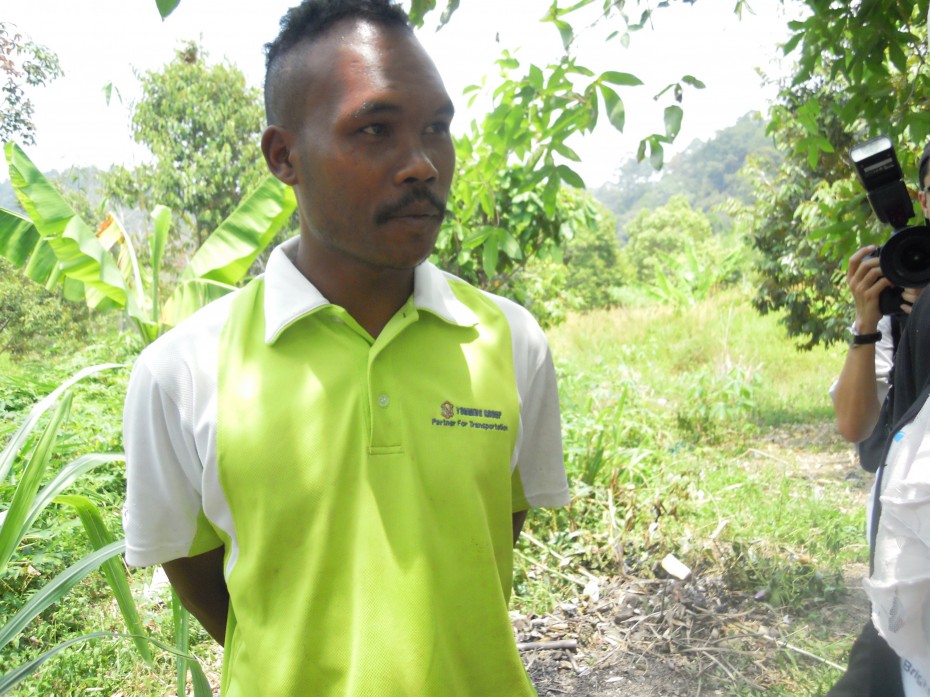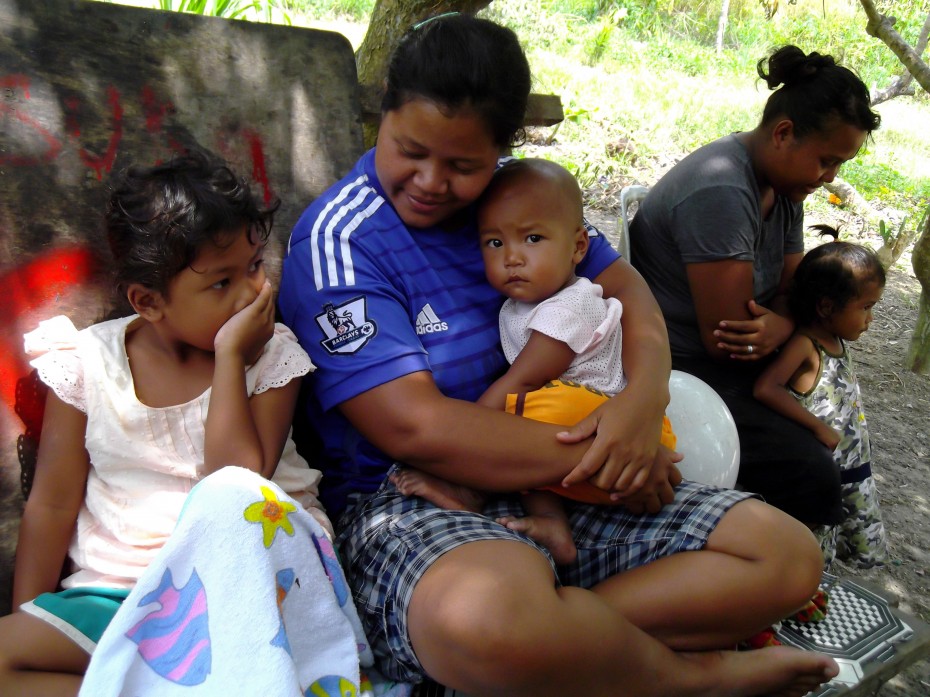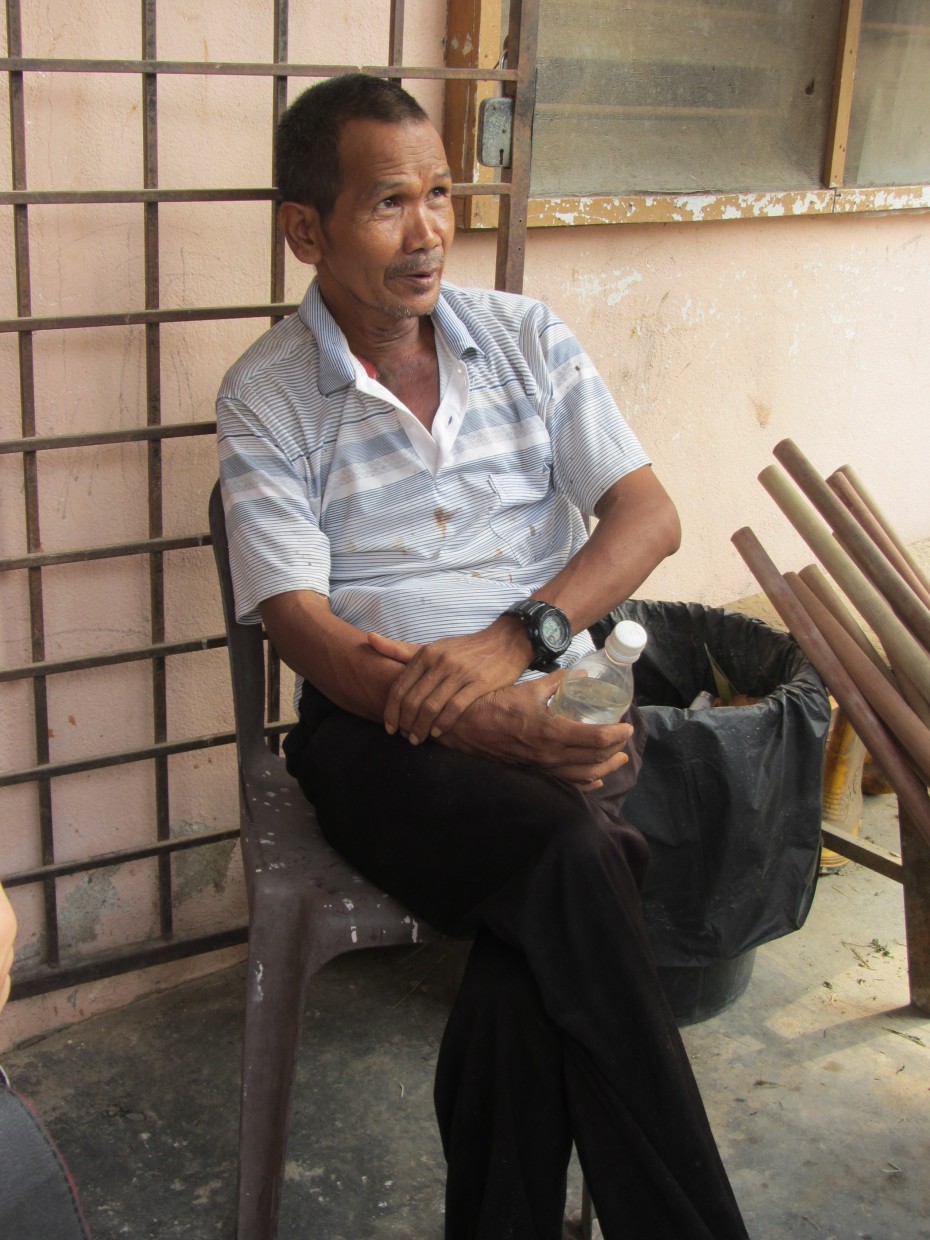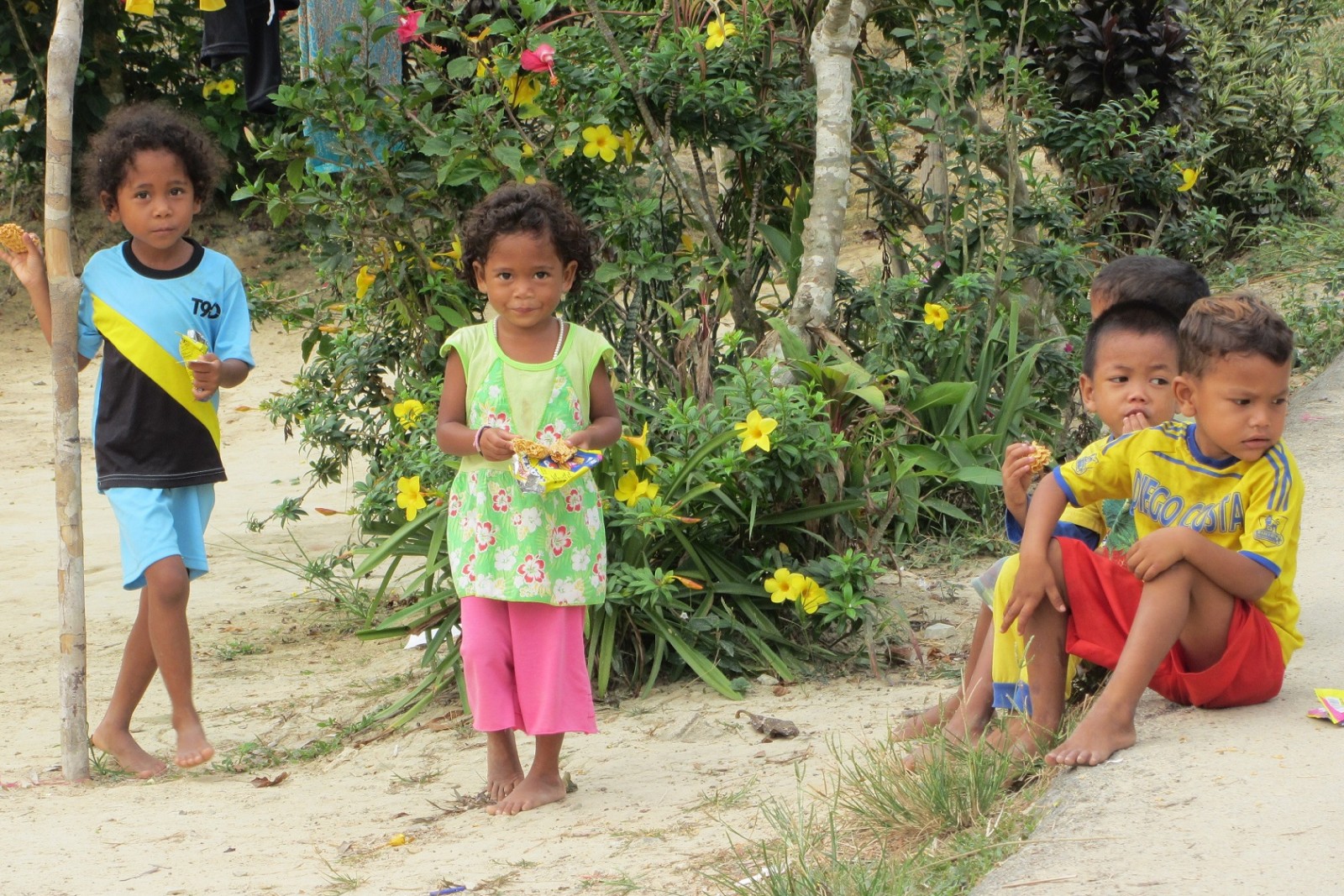By #TEAMKENNETH
brats@thestar.com.my
CHANGE is inevitable, and so it has been for the orang asli – people who once kept to themselves but are now embracing change for the better.
“When people visited us, we used to feel afraid. In fact, when they came to meet us, we even ran away,” said, Marif, 51, an orang asli from the Chek Wong tribe in a village at Kuala Gandah, Pahang.
“When the Kuala Gandah elephant sanctuary (the National Elephant Conservation Centre, or NECC) was established, we did not like it at first but we grew accustomed to it.”
The NECC, built next to their village in 1989, changed the tribe’s way of life.
Many who used to work in the fields now work at the elephant sanctuary, a change which has impacted their lives tremendously.
“The elephant sanctuary has changed our lives. We have steady salaries now, and we can afford to buy things like our own vehicles,” said Marif, who works as a landscaper at NECC.
“We did not like the development at first but after a while, we embraced it,” he said.

Ikram, 31, is always happy to have visitors coming to the village he lives in. “The exposure,” he says, “brought a change to his community.”
But that’s just one of the many ways the orang asli are accepting change in the villages the BRATs visited around the Raub area.
Many are now more concerned about education, so their children attend school instead of working the fields like they did in the past.
Ikram, 31, is an orang asli of the Temuan tribe from Kampung Sungai Dalam in Raub. He works as a farmer and has three kids. His eldest child attends a local Chinese school in Bentong.
“We were taught to harvest and farm since we were young, and that was the only way of life we knew growing up,” said Ikram.
Most of the people in Ikram’s village now send their children to schools nearby.
The people of Sungai Dalam take great pride in their children who complete higher education, and believe this could have a positive effect on their communities.
“Our kids who have finished school and have settled down in towns and cities often return to help at the village,” said Ikram.
The increasing exposure through visits from government agencies and NGOs has also been well received by the villagers.
“We feel as though this helps us to feel more connected to the outside world.
“These people who visit also often bring us provisions and supplies,” said Ikram.
They are slowly accepting modern conveniences such as motor vehicles and brick houses built by the Government, though many of them still prefer living in traditional houses.
Traditional orang asli houses are said to be more cooling in the heat of the jungle, so many of the villagers use the brick houses for storage instead.

Ikram hopes that all his three children, of whom the oldest is already attending primary school, will receive adequate education so they will be able to adapt to the modern way of life.
In addition, the orang asli are now open to trying out jobs outside the village.
Casabrina Vacation Villas in Raub employs 20 orang asli and the luxury resort’s manager, Wendy Heng, said the numbers are constantly increasing.
“We don’t want them to always stay in the jungle. If they’re willing to come out to look for work, we want to provide them with job opportunities”.
“We want to educate them on what the outside world is like. They don’t dare go to the city but because we’re the nearest place for them, they can earn money here,” said Heng.
Still, the idea of a permanent job doesn’t appeal to them, said Casabrina owner Felix Tee.
“We can’t change their way of life. They have always lived off the land, so they don’t need us. We are not helping them; they are helping us”.
“So they come to work whenever they feel the need, and we pay them per day,” said Tee.
But the one thing that’ll never change, is that they are a united community, always sticking together through thick and thin.

Marif, a 51-year-old Orang Asli, has slowly embraced the changes brought by the government to his village, and is now in charge of the landscaping in the Kuala Gandah Elephant Sanctuary.
They respect leadership, so to them, following the leader and working together is the main priority.
“I hope that, in the future, more of the orang asli will become educated and successful,” said Ikram.














Tell us what you think!